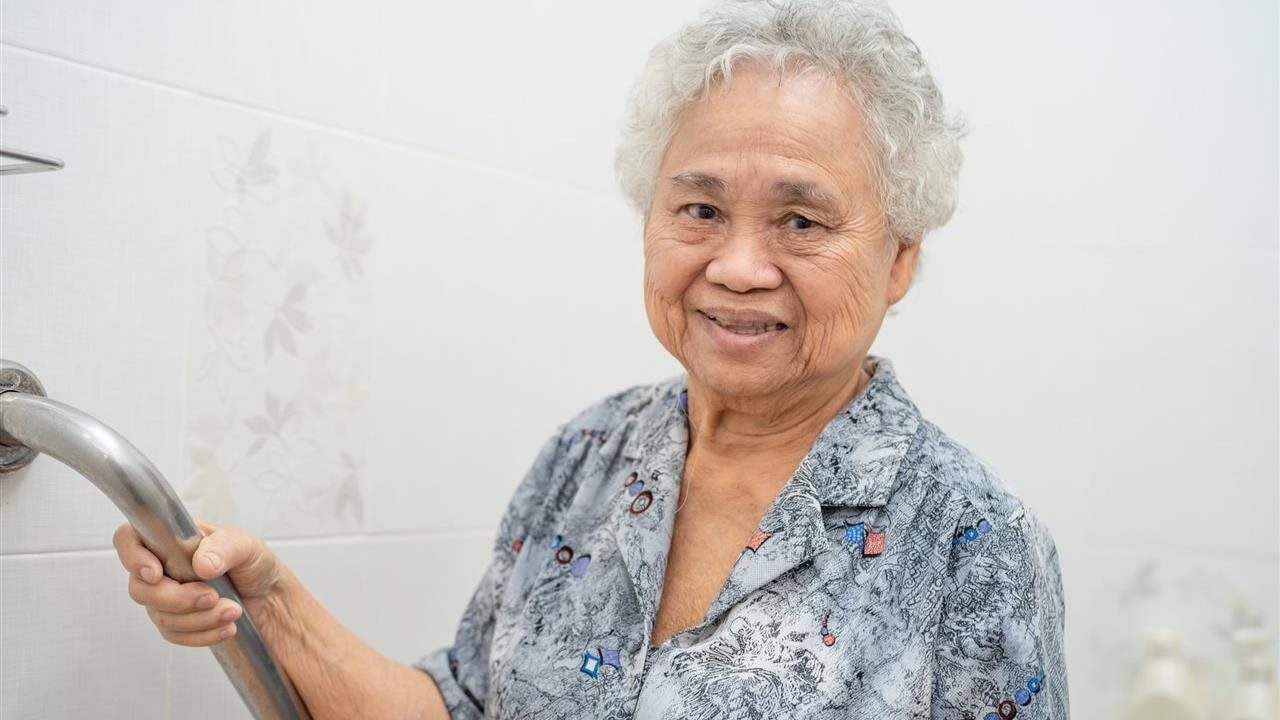(BPT) – Being safe and comfortable at home is a large part of living well. Home modifications and repairs can help everyone prevent accidents and maintain an independent lifestyle, especially older adults and people with disabilities.
Many older adults prefer to live in their own home for as long as possible, but too often don’t think about whether a home can adapt to their needs as they age. Making improvements before they are needed is a good way to ensure that a home is ready for aging in place. Forward-thinking improvements can also prevent falls, which often result in the need for long-term care.
Changes can be made to improve both the accessibility and adaptability of a home. Accessibility improvements involve tasks like widening doorways and lowering countertop heights for someone who uses a wheelchair. Adaptability changes, such as adding grab bars in bathrooms, are improvements made to assist people for whom strength and balance may have become a challenge. These changes usually can be made without a major redesign or full-blown renovation.
You can get started making your home ready for long-term living by conducting a top-to-bottom assessment.
Home assessment
Before making any changes, look at the entire home. Keep in mind items that may be needed now as well as in the future. This checklist can help identify areas that might need improvement. Everyone has different needs, but in general, a “no” answer may be cause for action.
- Are exterior walkways and entrances well-lit?
- Is there a step-free entrance to the home?
- Are entrance doors easy to lock, unlock, open and close?
- Does the main floor include a kitchen, bedroom and full bathroom?
- Are doorways wide enough for someone using a wheelchair, walker or service animal?
- Is wall-to-wall carpeting secure and in good condition (flat, not bunched up)?
- Are area rugs secured to the floor with non-slip padding?
- Are walkways free from obstructions and hazards like cords and furniture?
- Do stairways have sturdy handrails on both sides?
- Can bathroom and kitchen cabinets be easily reached?
- Is there a step-free shower entrance?
- Are grab bars available near the shower and toilet?
- Do bathtubs and showers have non-slip mats, adhesive strips or slip-free floors?
- Will smoke detectors provide visual as well as audio alerts?
- Are telephones easily accessible on all floors?
More information about home modifications, including a detailed home assessment checklist and information about financial assistance, can be found at eldercare.acl.gov.

